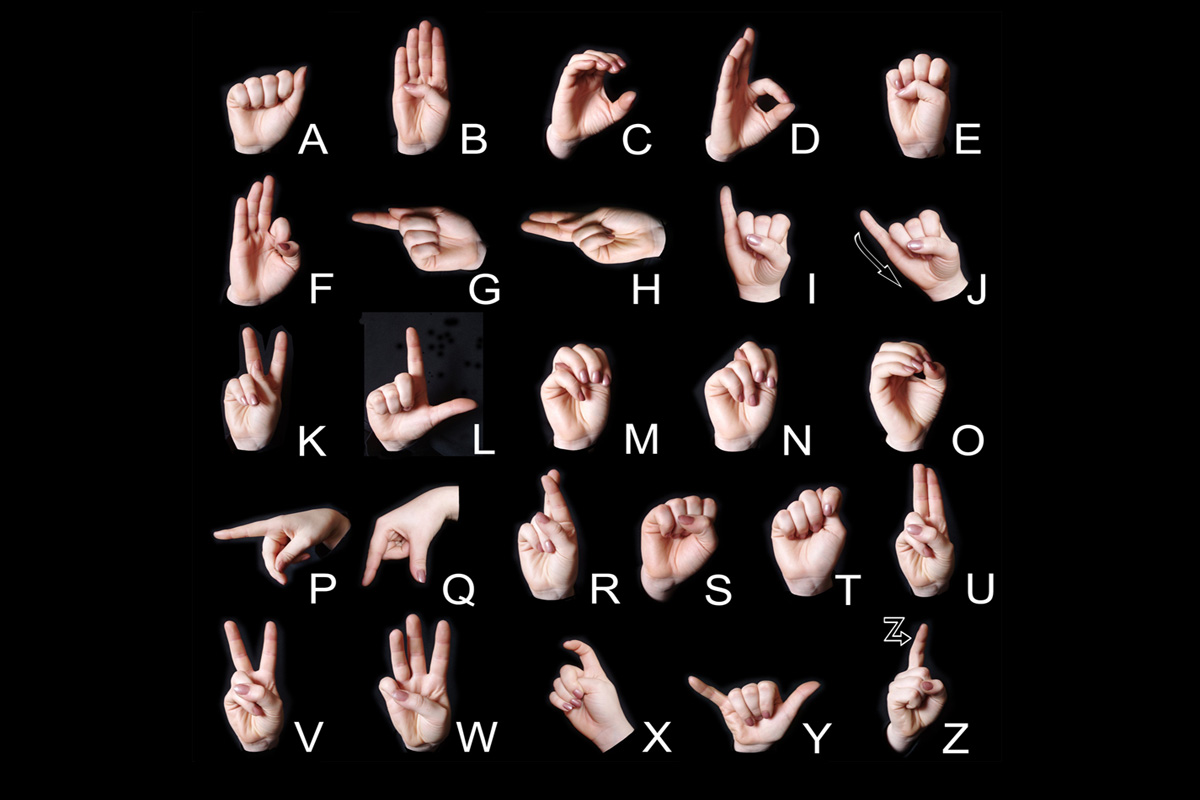US scientists test mobile sign language technology
MobileASL tool compresses video messages without affecting video clarity around the face and hands to make low-bandwidth video calls for the deaf a reality.

Researchers at the University of Washington (UW) in the US are testing technology that could allow people with hearing difficulties to communicate using sign language over compressed video calls on their mobile phones.
While video conferencing is offered by several current smartphones, such as the iPhone 4 through the Facetime function, the bandwidth and data required makes it very much a premium feature, with several US mobile networks having already barred video conferencing from all but the priciest tariffs.
However, scientists at the university have developed MobileASL, a tool which compresses American Sign Language video messages sufficiently to be sent over standard 3G networks while still maintaining optimised video clarity around the face and hands.
According to the researchers, the overall data rate has been reduced to 30Kbps without the clarity of the sign language having been compromised. The tool is currently being tested by a group of 11 deaf and hard-of-hearing students at UW.
"This is the first study of how deaf people in the United States use mobile video phones," said project leader Eve Riskin, a UW professor of electrical engineering.
In addition to the compression technology, MobileASL is also able to detect when either party is actively signing, switching off the battery-heavy broadcast mode when not being used.
While the study's primary aim is to test the technology's practical value to the deaf and hard of hearing communities, the scientists behind it haven't ruled out other applications, particularly given the technology's ability to make video calling technology a possibility on slower networks or devices.
Sign up today and you will receive a free copy of our Future Focus 2025 report - the leading guidance on AI, cybersecurity and other IT challenges as per 700+ senior executives
"We know these phones work in a lab setting, but conditions are different in people's everyday lives," Riskin added. "The field study is an important step toward putting this technology into practice."
-
 Helping customers adopt a multi-cloud infrastructure and accelerate their modernization journey
Helping customers adopt a multi-cloud infrastructure and accelerate their modernization journeySponsored Content We outline what shifting to a subscription model means for your business
-
 UK firms are 'sleepwalking' into smart building cyber threats
UK firms are 'sleepwalking' into smart building cyber threatsNews The convergence of operational technology and IT systems is posing serious risks for property firms.